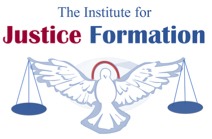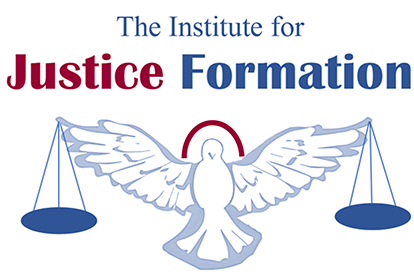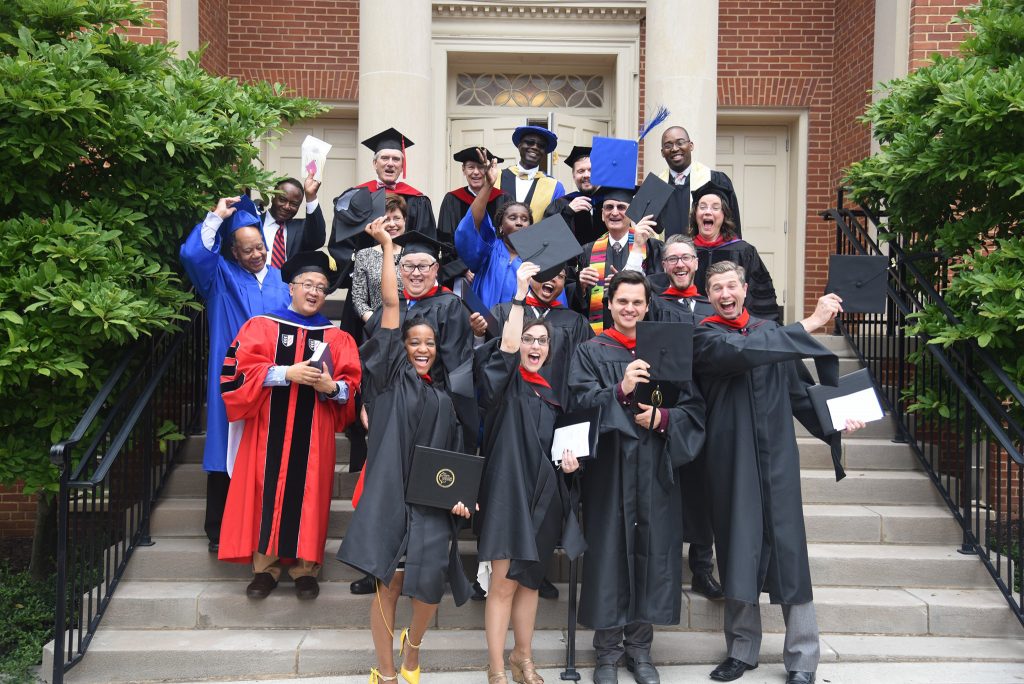WHO SHOULD CONSIDER THE GRADUATE CERTIFICATE IN JUSTICE FORMATION?
The Graduate Certificate in Justice Formation (GCJF) is a program of study designed for students interested in what the Bible has to say about justice, and what relevance that has for people, particularly Christians, today. The program is ideal for people across all vocations who wish to point ways forward for everyone seeking to think and act in harmony with God–a community of equals pursuing Biblical justice in the world today. The GCJF is taught on the master’s level and is designed to be completed in two years part-time or one year full-time.
Graduate Certificate in Justice Formation
The Graduate Certificate in Justice Formation is a non-degree, master’s-level program of study designed for students interested in what the Bible has to say about justice, and what relevance that has for people, particularly Christians, today. The program is ideal for people across all vocations who wish to point ways forward for everyone seeking to think and act in harmony with God – a community of equals pursuing biblical justice in the world today. The program is taught on the master’s level and is designed to be completed in two years part-time or one year full-time. Like the other programs at the John Leland Center, courses are scheduled so that students who are working full-time may pursue their studies without significantly compromising their family life and employment.
Graduation requirements include successful completion of 18 semester credit hours in the prescribed curriculum, community event participation, and full payment of all tuition and fees. The program requires a bachelor’s degree from an accredited college or university.
What Will I Study?
Categories |
Classes |
| Ministry Formation Studies | Spiritual Formation (3 credits) |
| Biblical Studies | Interpreting the Old Testament or Interpreting the New Testament (3 credits) |
| Theological & Philosophical Studies | In Search of Biblical Justice (3 credits) |
| Justice Formation Studies | Justice, Church, and Society (3 credits)
Critical Engagement with Biblical Justice (3 credits) |
| Justice Formation Externship (3 credits) |
18 Total credit hours*


